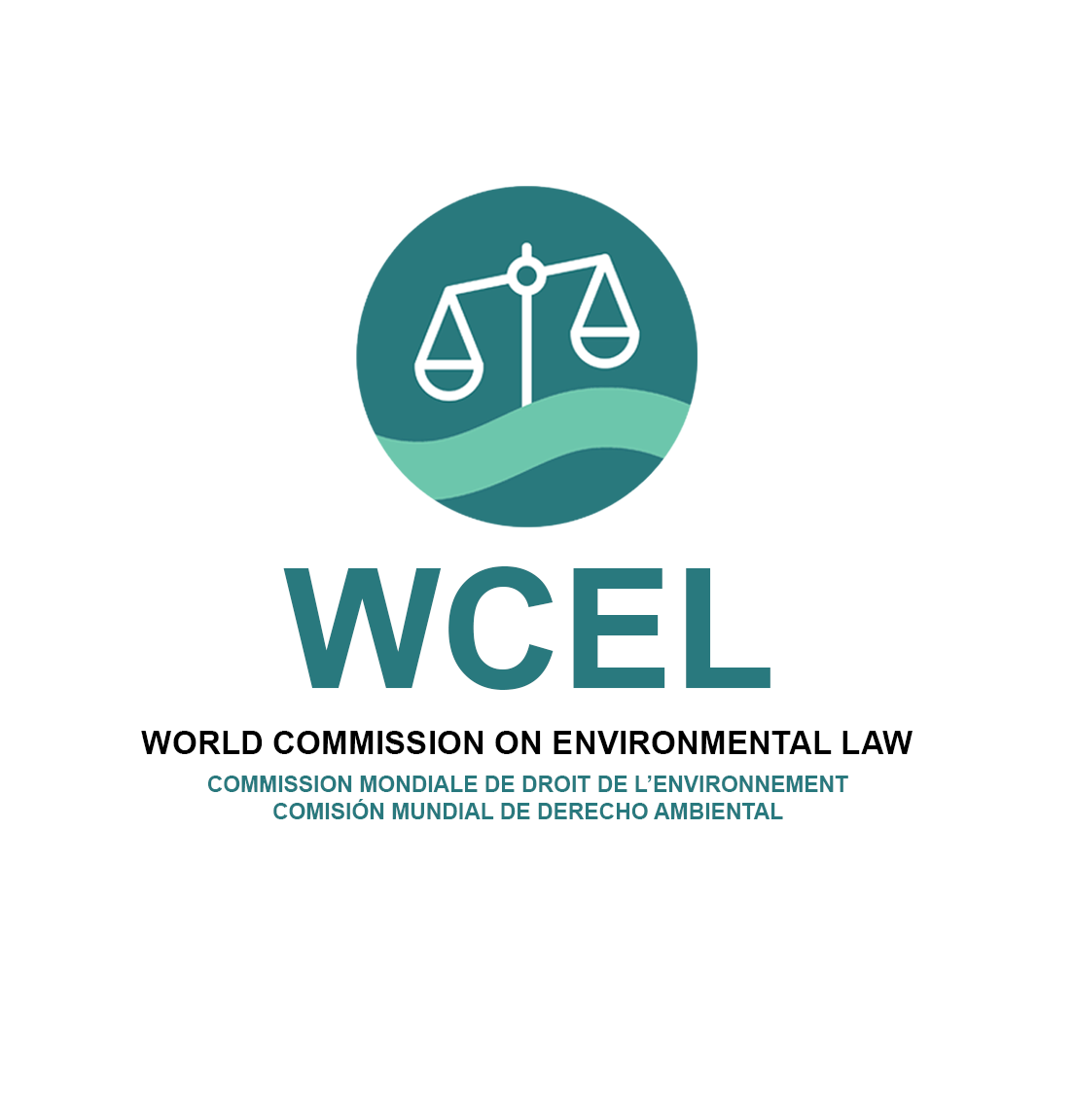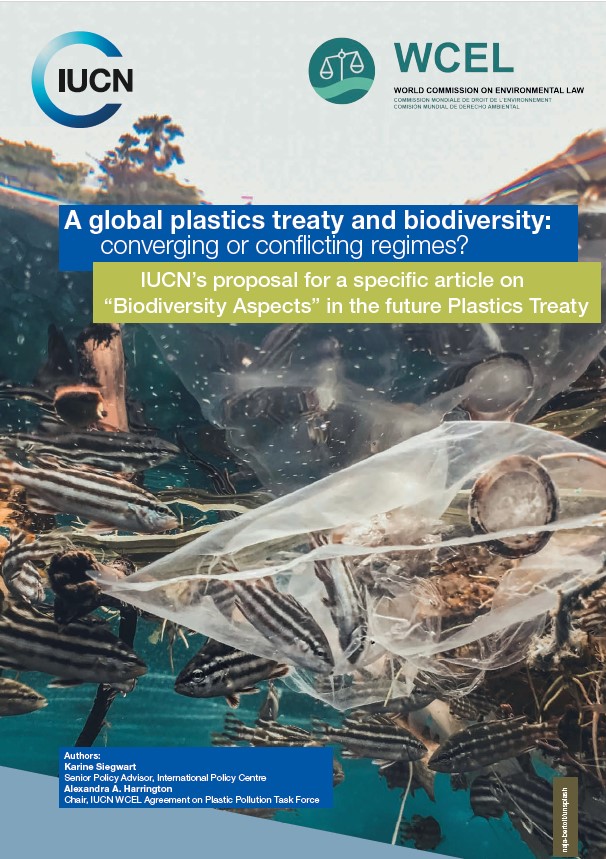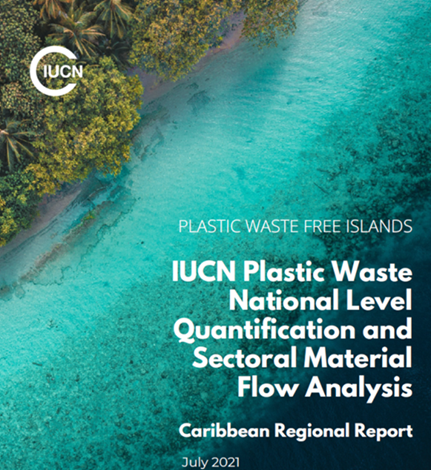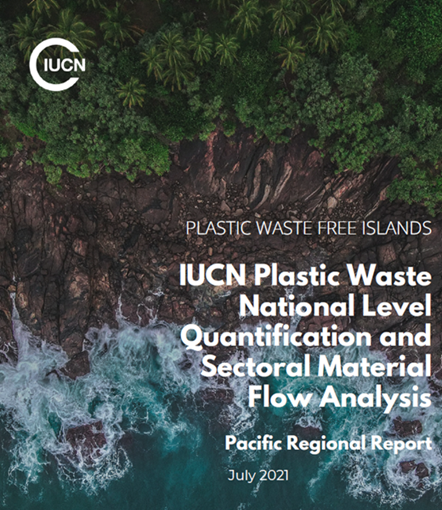INC-3 Negotiator Briefing 5 of 10 Regime Convergence and the Plastics Treaty
Briefing 5 of 10: Regime Convergence and the International Legally Binding Instrument
The third session of the Intergovernmental Negotiating Committee to develop an international legally binding instrument on plastic pollution, including in the marine environment (INC-3), is scheduled to take place from 13 to 19 November 2023 at the UN Environment Programme (UNEP) Headquarters in Nairobi, Kenya.
In INC-3 Briefing 5 of 10, the Key Messages are:
- A core theme in United Nations Environment Assembly (UNEA) resolution 5/14 and subsequent discussions at INC-1 and INC-2 was the impact of treaty regime interactions upon the International Legally Binding Instrument (ILBI).
- In this context, comprehensive, integrated regulatory response to the ever-growing challenge of waste plastics in the environment requires a complex mix of legal measures applied in a coherent manner at the global, regional and domestic levels of administration to a range of environmental media and related activities, including sustainable production and consumption, circular economy, waste management, freshwater resources management, biodiversity protection, and marine pollution.
- Measures to address the problem of plastic pollution are to be found across several sub-fields of international law, biodiversity law, natural resources law, international wildlife law, fisheries and oceans laws, and international freshwater law.
- Outside the context of multilateral environmental agreements (MEAs), there are inherent connections between efforts to adopt the ILBI and international trade law, multiple aspects of human rights law, and human health law treaties, as well as soft law instruments such as the Sustainable Development Goals (SDGs). Regional treaties across a variety of legal areas are also important to the idea of treaty regime convergence necessary for a holistic ILBI.
- Therefore, a clear need for effective mechanisms of interaction between any new plastics treaty and other pertinent international regimes exists.
- This reflects recent efforts of Conferences of the Parties for various MEAs to create synergies and mechanisms of coordination between treaty regimes with overlapping terms and areas of regulation. It builds on a steadily evolving understanding of these many forms of international legal regimes as interdependent and able to function together to reinforce their areas of shared overlap rather than as potential areas of conflict or a reason for not taking strong legal and regulatory action in these areas as part of the ILBI.
A compilation of 10 Briefings for negotiators is available here. These are:
Briefing 1: Key Elements for Plastic Pollution Treaty
Briefing 2: Glossary of Key Terms
Briefing 3: Structure of Plastic Pollution Treaty (ILBI)
Briefing 4: Just Transition and the International Legally Binding Instrument
Briefing 5: Regime Convergence and the International Legally Binding Instrument
Briefing 6: Circular Economy and Plastic Life-Cycle Issues
Briefing 7: Legal Process of Treaty Negotiations
Briefing 8: Connections between IUCN’s Plastic Pollution Elimination Timeline and the SDGs
Briefing 9: Connections between IUCN’s Plastic Pollution Elimination Timeline and the GBF
Briefing 10: Free Trade Agreement Convergence and the Plastic Pollution Treaty




